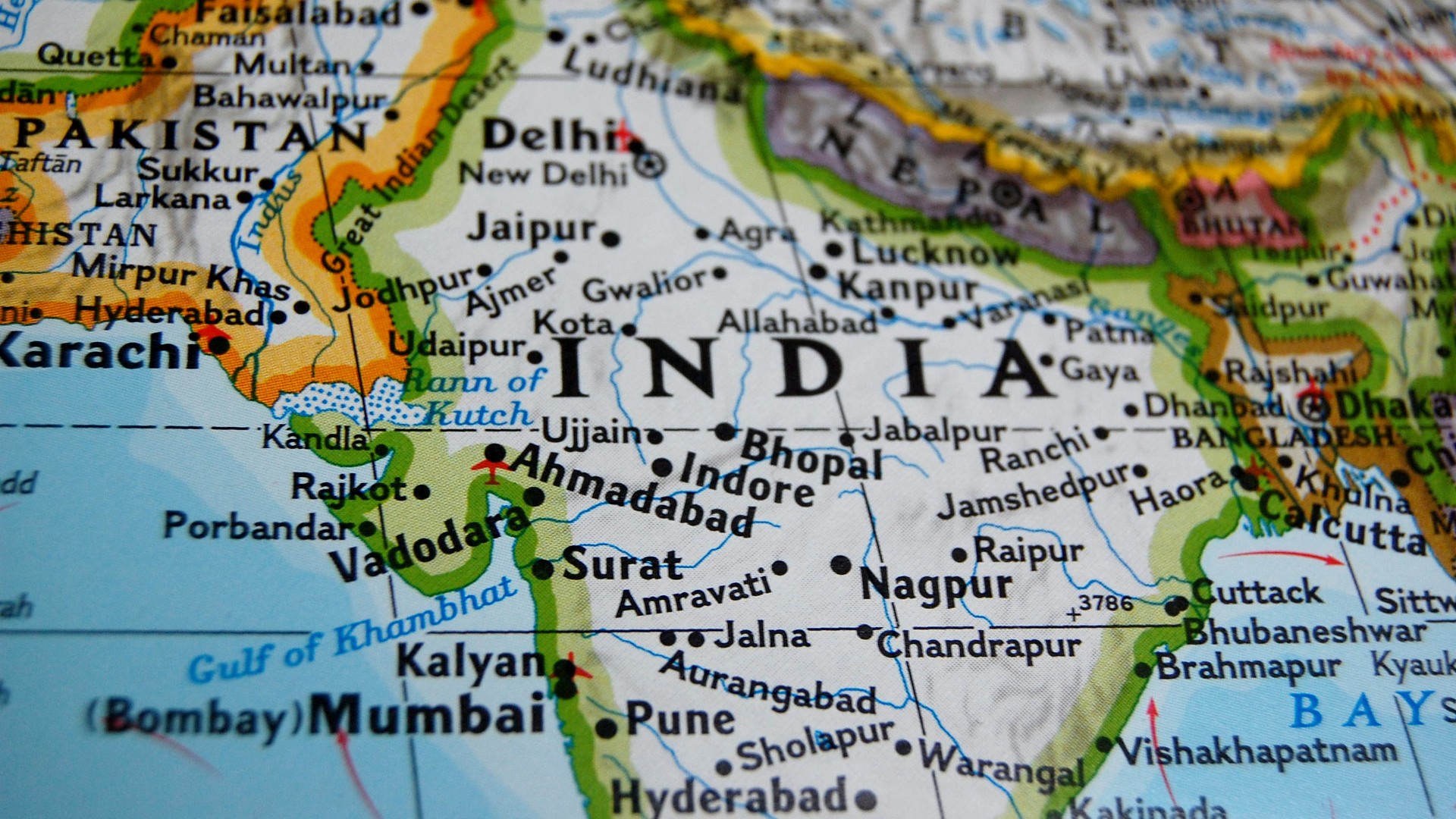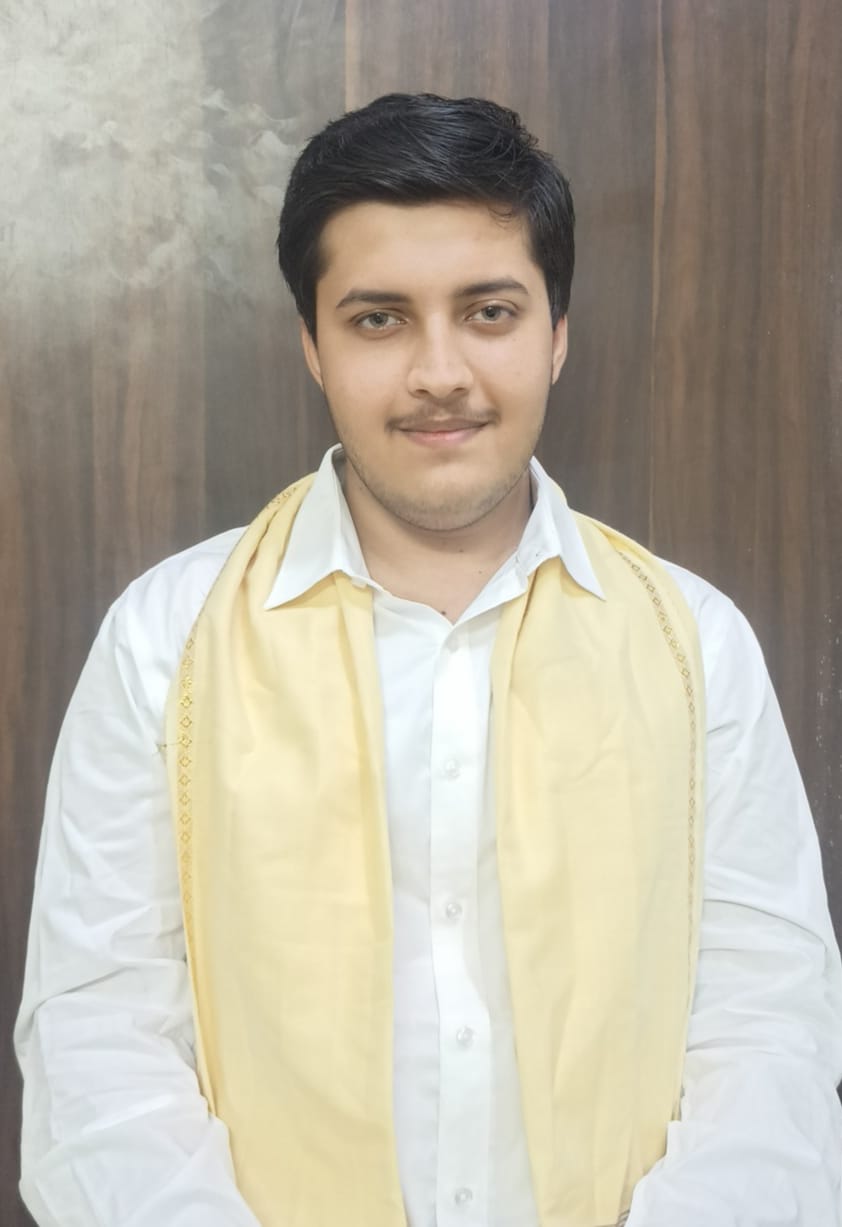Diversity and freedom for all to live in peace are the noble qualities that persuaded almost all of the princely states of the former Raj to enter into the Union of India in the late 1940s. Even sovereign states like the former Kingdom of Sikkim joined the Union voluntarily, influenced by those values. But they’re not always upheld as they should be, as some of the former colonizer’s excessive powers have been reappropriated and maintained.
One example is the Armed Forces Special Powers Act, 1958 (AFSPA), the descendant of the Armed Forces Special Powers Ordinance, 1942, which was ruthlessly used by the British Raj to suppress the second struggle for Indian independence.
The AFSPA gives sweeping powers to members of the Indian armed forces to make arrests without a warrant on the basis of mere suspicion and in some cases even to open fire. But although they’re professionals, noble and brave soldiers are human, too, and so have human anxieties and traits. And when given a power, humans tend to use it.
Although this terrifying power was supposedly required during the nascent phase of the Republic, various analysts and experts such as former Union law minister M Veerappa Moily and the Justice B.P. Jeevan Reddy committee have established that such a stringent mechanism is no longer needed and that, at this stage, paramilitary/police forces can handle any situation that might arise without excessive violence or infringement of personal liberty.
Indeed, in a commendable decision, in March of 2022, the Indian government removed the AFSPA from numerous districts in the northeastern states of Assam, Nagaland and Manipur. It’s a delight that New Delhi is keen on a phased, cautious repeal of AFSPA but more can definitely be done.
In 2021, the armed forces killed 14 civilians in Nagaland after mistaking them for members of a militant group.
What we worry about is that a northeastern person, who initially might not have separatist tendencies, could develop them if they witness or hear about innocent people from their community dying due to mistakes made by the armed forces. Quite simply, until AFSPA is repealed, it remains a hazard to all.
For a truly united India, especially in the northeastern parts of the country, it is crucial that people see the benefits of being a part of the country, are accepted, and are treated justly.
After all, what is India? It is a nation that celebrates liberty, diverse cultures, and traditions both new and old. We believe it is time — here and now — for India to remove this unjust law inspired by colonizers from the north eastern states.
For more content on related issues, be sure to check out our Free Society video playlist by clicking on the button below.
This piece solely expresses the opinion of the author and not necessarily the organization as a whole. Students For Liberty is committed to facilitating a broad dialogue for liberty, representing a variety of opinions.




